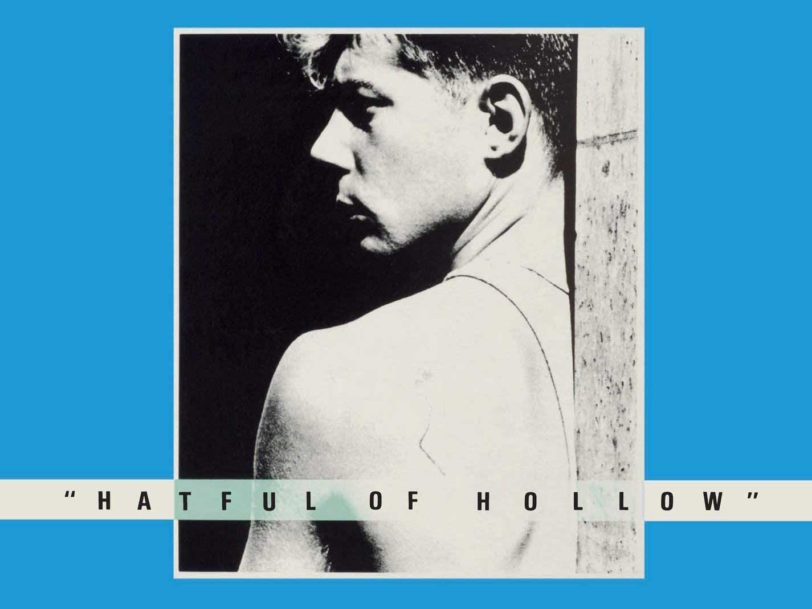Initially released on 12 November 1984, The Smiths’ first compilation album, Hatful Of Hollow, collated a well-chosen selection of BBC Radio 1 session tracks alongside several standalone singles and their respective flipsides.
That might not seem like the description of a future-shaping rock’n’roll record with the attitude and panache required to garner sustained critical acclaim. Yet, those were exactly the singular qualities Hatful Of Hollow contained. In fact, the collection proved so satisfying that it not only succeeded in bringing the band’s more resistant critics round, but it also peaked at No.7 in the UK and remained on the charts for the best part of a year, setting the stage for a superlative trio of albums to follow: Meat Is Murder, The Queen Is Dead and Strangeways, Here We Come
Listen to ‘Hatful Of Hollow’ here.
Spurred on by a brace of positive reviews, Hatful Of Hollow more than fulfilled its brief to keep the spotlight on The Smiths during the period between the release of their self-titled debut album and 1985’s UK chart-topping Meat Is Murder. It’s endured ever since, too, because it adroitly brings most of the band’s landmark (and most sought-after) early recordings together under the one roof.
Definitive takes of early songs
In many ways, Hatful Of Hollow was the album the Mancunian quartet’s burgeoning army of fans had been praying for, as it offered officially-sanctioned versions of the tracks they’d already taped from the buzz-building BBC Radio 1 sessions The Smiths recorded for the John Peel and David “Kid” Jensen shows during 1983. Some felt John Porter’s production had taken the heat out of the songs laid down for both The Smiths and the band’s early singles, and certainly the thrillingly raw, energy-infused Hatful Of Hollow versions of tracks such as You’ve Got Everything Now, What Difference Does It Make? and These Things Take Time suggested Morrissey and his team had laid down the definitive takes of these songs for Auntie Beeb.




